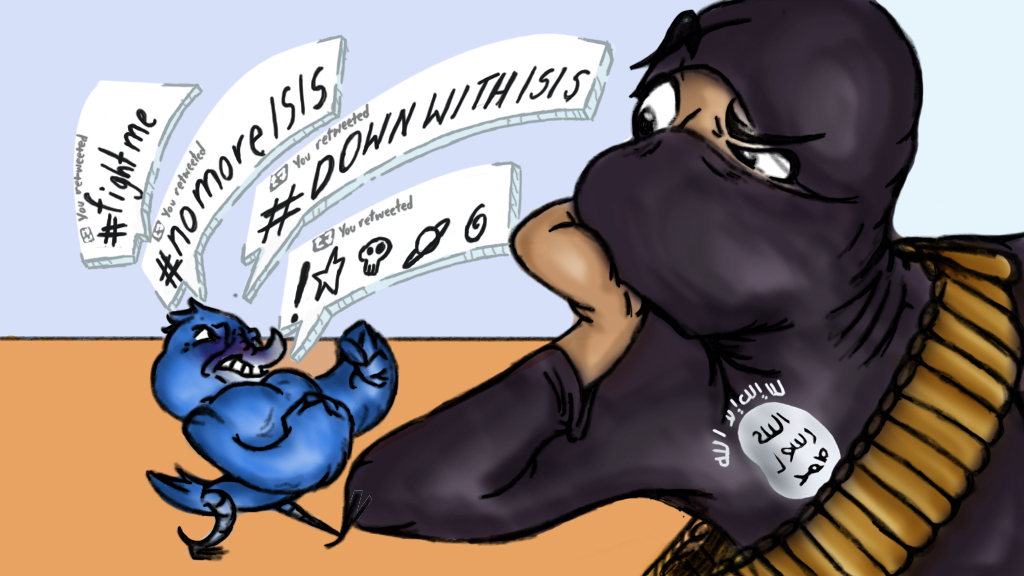Their efforts are visible on your laptop screen. They are the new-age quasi-activists and the proponents of well-intentioned inefficiency. They are the avid retweeters and Facebook sharers promoting #prayforparis or #bringbackourgirls. They are the ones whose aim, other than sympathy and awareness, I simply cannot fathom, and truth be told I am one of them. Or, at least, I used to be. I happened to come across this photo on a Facebook post:

Feeling the heavy impact of those words, I wasted no time in sharing this. I noticed an immense self-satisfaction after hitting the share button, and deep down I began to wonder why. The harsh and more realistic part of me wondered why I was so satisfied to give my index finger a little work out. The more optimistic part of me believed I was doing a lot more than that. I believed I was helping a cause, doing some great deed — letting the people know.
My harsh self made me aware that these people were just like me. They will share and like and then go back to their everyday lives, stressing about mundane problems such as homework or relationships. This was a case where little drops of water gather to make a big, standing, ineffectual puddle.
Satisfaction was replaced by a light bulb that cast more gloom than it shed enlightenment. "What ISIS member," I asked myself, "is sitting at the opposite end of this screen and reflectively considering the weight of the words I just put up?" The answer is none. Firstly, not everyone is privy to our postings and musings as we are not all acquaintances in cyber space. I, for one (as far as I know), have no one from ISIS as a Facebook friend. While the contents of my post might have been much appreciated, they will have little to no effect on the probability of further terrorist attacks. In the wildly unlikely event that some extremist stumbles upon a Facebook post or tweet that poignantly addresses the issue of terrorism or religious fanaticism, who is to say that they care?
I will point to the words of
To cut a long story short, appealing to a conscience or throwing together a few clever words is effective when there is a conscience to be appealed to. Such a process becomes ineffective when we try to appeal to consciences that simply aren't there, or have long since become vestigial. I understand, however, why those of us who worship at the screen of social media (as much as we detest the reality) continue to respond to large scale tragedies in the manner we do. It has become our way of dealing with the "Do Nothing Syndrome." We do not just want to sit by and watch as the horrible happenings unfold, so we take to our phones and laptops as though they are some kind of Xanax. We find a way convince ourselves that we are fighting. But in effect, what are we doing?
Activism has not been known to hide behind screens. It has not been known to be half-hearted or thoughtless on any scale. Take to arms, my friends. I do not mean arms that destroy. If we all fight with fire, we all get burned. Let your weapons be the kind that the opponent does not expect. Let your weapons be your creativity, such as furthering
We can always do more.








